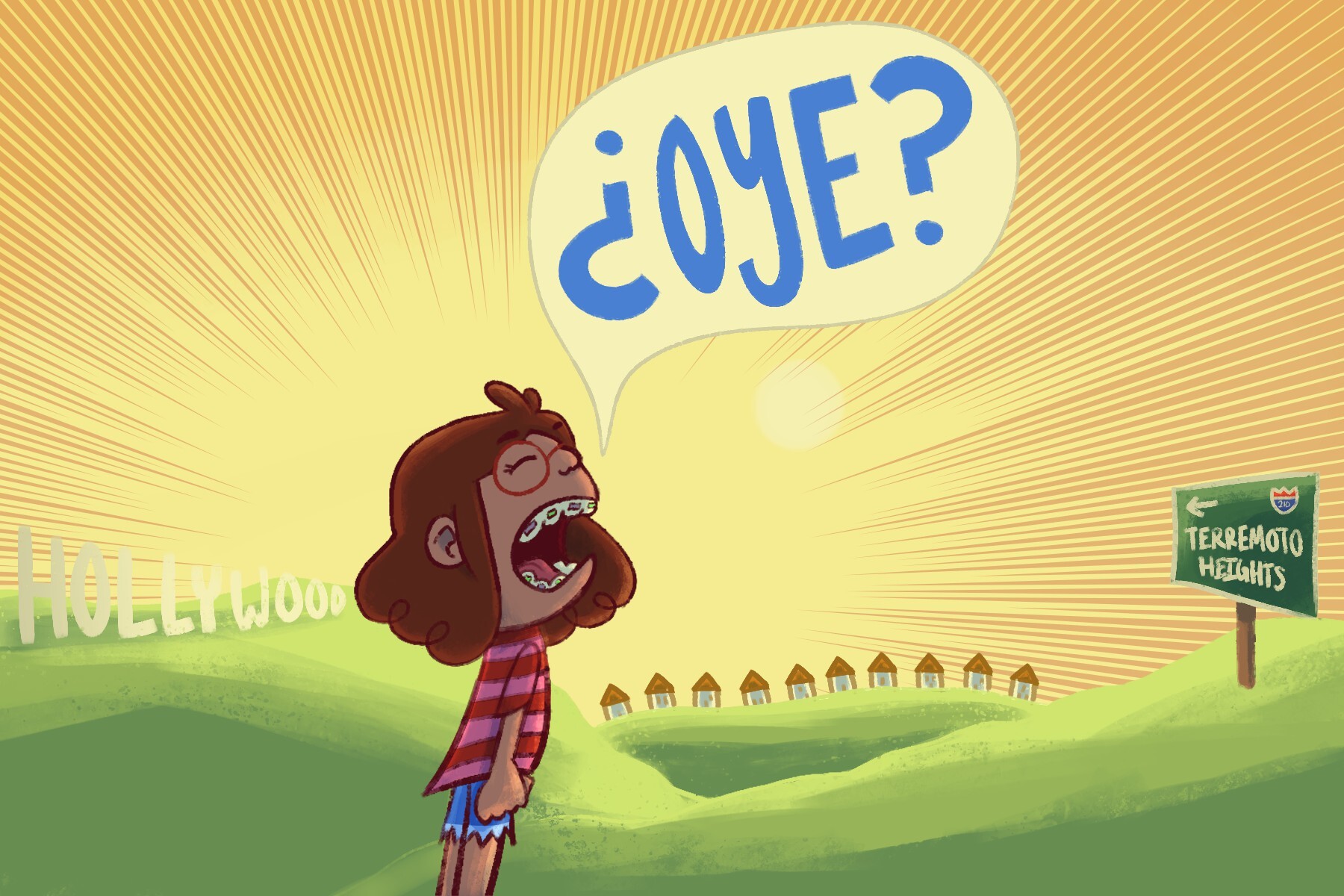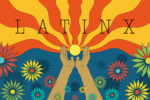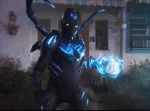Disney Channel’s upcoming animated show “Primos” is facing a tremendous amount of backlash. The show centers around Tater Ramirez Humphrey, who, according to Disney’s official description, is “an eccentric girl with big dreams, determined to find what makes her extraordinary.” In addition, the show introduces Tater’s 12 chaotic cousins who move in for the summer and help her find her “true self.” Creator and executive producer Natasha Kline says that her childhood experiences with her extended multicultural Mexican American family inspired the show.
Despite the fact that Latinos constitute 19.1% of the United States population, Latino representation is still incredibly sparse in film and television. Only 3.1% of lead actors and 2.1% of co-lead and ensemble actors in TV shows are Latino. In film, Latinos represent just 5.2% of lead actors and 5.1% of co-lead and ensemble actors. Therefore, people assumed that Latinos would welcome a show like “Primos” with open arms.
However, the show ultimately fails to connect to a larger Latino audience because of both its presentation and creative team.
Nowadays, there seems to be an immense pressure to always get representation right. People believe that, because representation is an incredibly powerful influence on audiences’ attitudes, stories and characters must have proper narratives that showcase the personal to outside audiences.
While “Primos” is a personal story to its creator, Natasha Kline, the show does the unthinkable: it demonstrates a lack of respect for Mexico’s culture and people. Most times, shows of this nature teeter on the edge of a dark abyss of stereotypes. Of course, stereotypes are not always avoidable, so many shows allow them to exist in moderation as a wink to audiences that know them on a personal level. However, “Primos” fell deep into the abyss — and kept falling.
Right off the bat, the show’s trailer showcases a road sign that reads “Terremoto Heights,” which translates to “earthquake heights.” Earthquakes have devastated Latin American countries and deeply traumatized many Mexicans. Although some might brush the name aside as an honest mistake, the sign underscores the show’s lack of awareness for audience members whom earthquakes have deeply affected.
Other examples of the show’s harmful Mexican stereotypes include the cousins’ names and physical appearances. Their names are as follows: Bud, Nacho, Lita, Tere, Tabi, Tonita, Scooter, Lotlot, Gordita, Nachito, Chacha and Cookita. Most of these names are fine. People have scrutinized “Nacho” for being stereotypical, but it’s a common nickname for “Ignacio.” The most jarring name, however, is “Chacha.” Short for “muchacha,” the word is a slur in Mexico. It is a racist and classist insult that people almost always use against dark-skinned Mexican women to associate them with domestic work and poverty. “Primos” depicts Chacha as a brown character who sports a typical unibrow and acts destructive and dumb.
Here is where the truth became obvious: the creative team behind this show did not put enough thought into the cultural elements that they included. From the looks of it, the creators quickly strung together details that seemed “Mexican enough” without giving their choices any real thought. There was no spooling of the thread. No intricate web. There was simply a team of creatives who are so disconnected from Mexican culture that they felt the need to reference it as much as possible.
Most of the time, shows like “Primo” decide to be too much because their creators feel that they themselves are “too little.” Show creators desperately grasp at identities that they feel ownership over — despite lacking full connections to them. And, honestly, creators do this because the United States does a great job “othering” people who are neither white nor from majority white countries. Even if people with diverse heritages are born and raised in the United States, speak the language, practice the culture and spend the rest of their lives in the U.S., they will never simply be “Americans.” The country will always brand them “the others,” the “invaders.”
Now, that isn’t to say that people must completely forget their roots. I am a Mexican American who was born and raised in a border town that seems like a little Mexico within the United States. It would be absurd for me to deny my Mexican identity because it surrounded me as I grew up. It’s something that I am incredibly proud of; I carry my Mexican identity within every part of me. Even so, I cannot speak for someone who was born and raised in Mexico. I am a privileged first worlder who has access to an overwhelming amount of opportunities. I cannot claim to carry the dreams of the Mexican people because that would simply be untrue — I carry mine, and people from Mexico carry theirs. I am in my own specific lane that will never intersect theirs because, although we have the same language and roots, we cannot share our specific burdens. I believe that acknowledging this reality enables Mexicans and Mexican Americans to build bridges of understanding.
Ultimately, the show fails to build bridges between itself and its intended audience due to one major problem: the creative team’s deep-rooted arrogance.
For example, Tater’s voice actress, Myrna Velasco, took to social media to fire back against people criticizing the show’s incorrect use of the Spanish language. Velasco stated that “The Spanish language is not a Latin-American language. It’s a language the Spanish conquistadors forced upon Latin American people.”
Velasco’s comments, however, overlook an important reality: Latin America’s story is one of endless perseverance. Latin Americans made Spanish their own. Mexican Spanish, which consists of Indigenous and Arabic words, is an incredibly distinct language that Mexico cherishes. Similarly, other Latin American countries celebrate their individual Spanish dialects.
Underrepresented groups have countless stories and lessons to share. In order to get representation right, creative teams in Hollywood must embrace authenticity and be willing to empathize.
















